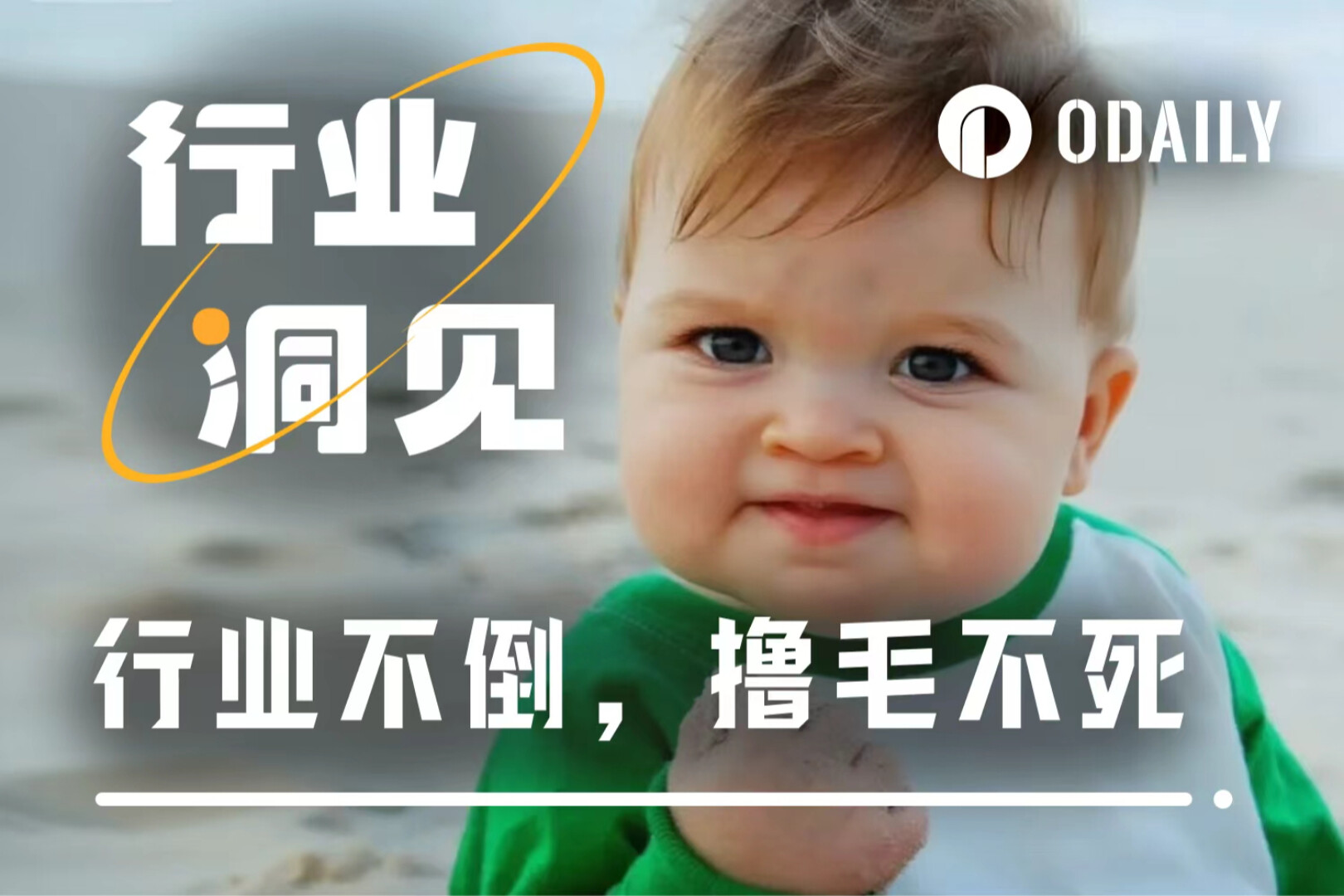Circles who want to do UBI will most likely fail, but this is what makes it interesting
Editor's Note: This article comes fromOrange Book (ID: chengpishu), reprinted by Odaily with authorization.
Editor's Note: This article comes fromOrange Book (ID: chengpishu)Orange Book (ID: chengpishu)
, reprinted by Odaily with authorization.The appearance of the new product circles on the weekend gave me a little new inspiration. If you don't know this project yet, you can read it first。
This introductory article from odaily
. To put it simply, it hopes to create a new network by (1. Let everyone issue coins, (2. Let those who issue coins choose friends who trust each other to exchange each other's tokens at the same value, trying to create a new network, and finally through this The network fulfills UBI's vision of universal basic income.
If you have followed the Orange Book for a long time, then you probably remember that we actually wrote about "Let everyone issue their own tokens" two years ago. At that time, we even came up with a very good slogan called:
No matter how small an individual is, it also has its own token
However, the biggest problem with personal tokens is that there are no viable use cases that really generate value. This is still true today. Today, I think that most personal tokens are still worthless. Letting everyone issue tokens is the same as letting everyone invent a language of their own. It is not necessarily a meaningful thing.
Therefore, circles hopes to realize UBI through this personal token, which is actually putting together two highly uncertain things at the same time. Personally, I think the chances of it happening are slim. But the interesting thing about circles is not UBI or personal tokens, but it has successfully achieved one thing: let users in the circle play with the trend, and users are willing to export their own relationship chains while playing.
The traditional Internet, especially entrepreneurs who make social products, should be very familiar with such scenarios. Today WeChat is an unavoidable mountain for all social products. Countless people covet the relationship chain of WeChat. Every once in a while, there is always a new social product swiping the screen in Moments. Everyone sends their own QR codes and runs around telling each other, hoping that the friends who see it can add a friend. . Usually, the standard ending of this type of product is: within three days or even a week, everyone is having fun and adding friends to the new product, and after a longer period of time, the new product quickly It was cold, and everyone went back to WeChat to continue chatting.
During this process, new products appeared, and a part of the relationship chain was exported from WeChat, and then a new network was established. Gradually, no one continued to use the new product, and the new network gradually died, so the relationship chain that had been settled with great difficulty died immediately. . And so on, over and over again. The last product like this should be picture sound?
This cycle has been going on for a long time, and it is easy for you to feel that the WeChat network is unshakable. The only successful example I can think of, maybe Toutiao? Many times when you use Toutiao products, you may be surprised to find that it knows so many of your friendships, even if you never seem to disclose any information to it, and the permissions of the address book are also restricted and not open, but it is Know who your buddies are. It is said that Toutiao used a lot of tricks to dig out this information.
The interesting thing about circles is that the mutual exchange of personal tokens creates a speculative or game-like mechanism, so that everyone is willing to play with the trend, and at the same time, the relationship scattered on different social networks such as twitter and WeChat The chain leads to a decentralized world—that is, it is mapped with a pair of public and private keys. In essence, the gameplay is the same as liquidity mining, using speculation to drive the participation of the masses, especially in the way of blockchain.
Everyone knows that the biggest barrier of social networks is the relationship chain. It doesn't matter whether circles can be made into UBI, but obviously this is a good cold start method, which is very suitable for exporting the relationship chain and transferring this chain from large companies. Take it back in your hand and return it to the user, so that DID, which is dominated by public and private keys, can grasp the real relationship chain.
But the relationship chain is exported, then what? Many products on the Internet social track have also achieved this, and in the end, they all GG?
I think decentralization may bring different changes. Assuming that there is a real DID product (I am not sure if it is circles, maybe it can be Maskbook?), it has also been spread in some way (whether it is personal tokens or UBI) like cricles, which has attracted attention , allowing people to guide their relationship chains to a new generation of decentralized IDs based on public and private keys, then even if its final product vision is not realized (for example, circles are not made into UBI), but because it is decentralized, The ID and identity are completely in the hands of the user. Can other follow-up products reuse this relationship chain to complete the cold start from zero to one?That said, what's really interesting is the aftermath of the failure. In the future, if each of the new generation of social products can use this set of DID as the infrastructure to build a more interesting decentralized social network, you don’t have to worry about how to master the relationship chain with the existing ones from zero to one. Will there be no barriers to entry for social network products?In a more closed system like WeChat, how can users have the motivation to post their own relationship chains, and this relationship chain is not in the hands of another company. If the company's products die, the relationship chain will die— —I think circles provides an interesting motivation, that is, individuals issue coins, and then you actively export your own relationship chain in order to make your own coins valuable (or at least "look" valuable), which is A new development at the user level.
I remember that a few months ago, balajis launched a crowdfunding campaign on twitter. I hope that some developers can export a set of twitter relationship chains, so that big Vs can contact their fans even after leaving twitter. They can even send emails to these fans. Fans provide services for a fee. But in the end, because of the limitations of the twitter API, it seems that there is no result.



